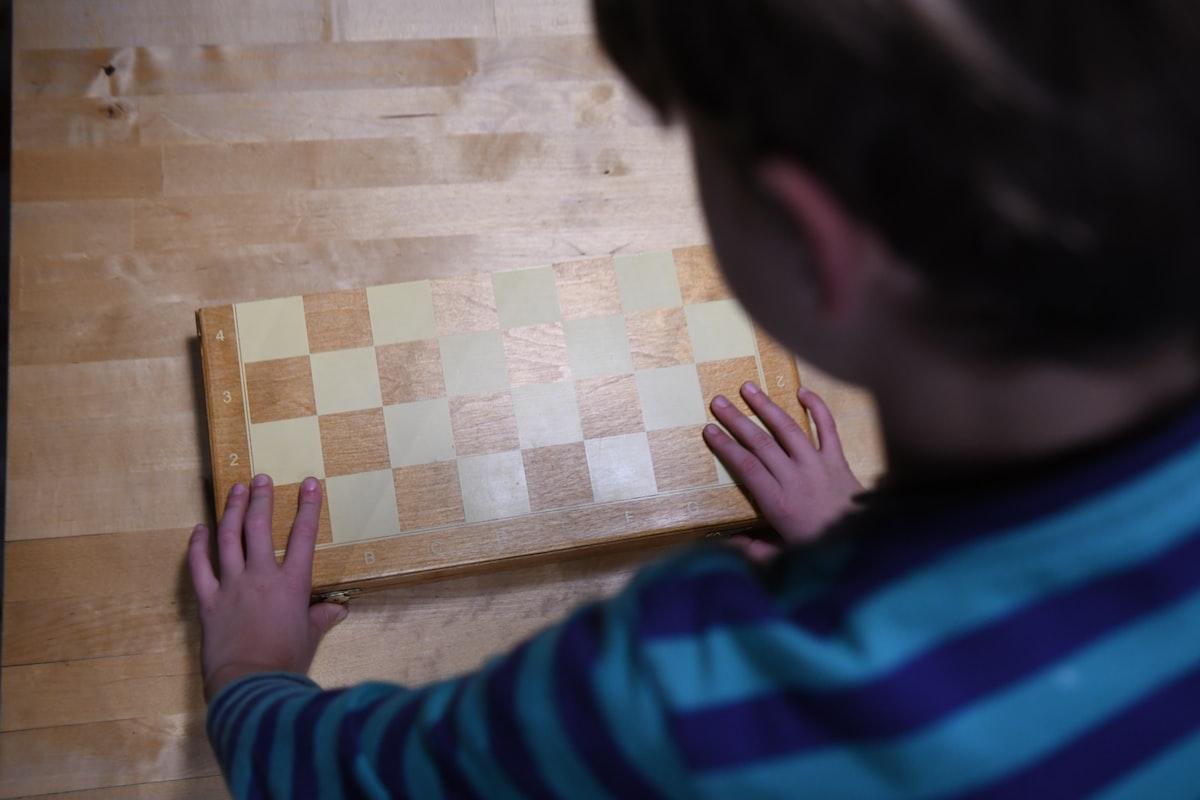Welcome to our blog on the fascinating game of chess. Chess is a game that has captured the interest of people of all ages and backgrounds. From its origins in ancient India to becoming a popular pastime worldwide, chess has evolved and grown in popularity. While some people play chess as a hobby, others take it more seriously and compete in tournaments to showcase their skills. But have you ever wondered whether playing chess can actually make you smarter? In this article, we will explore the link between chess and intelligence, and whether the game can help to improve cognitive skills.
The Benefits of Chess for Your Brain!

Intelligence is a complex and multifaceted concept that refers to a range of mental abilities. There are numerous theories on intelligence, but it can broadly be defined as the ability to think, reason, solve problems, and adapt to new situations. Intelligence can be measured using standardized tests that assess various cognitive abilities, such as memory, spatial awareness, and logical reasoning. However, some argue that intelligence is not just measured by these tests, and that other factors such as creativity and emotional intelligence also play a role in determining someone’s level of intelligence. In this article, we will consider the connection between chess and intelligence, as well as the different types of intelligence that exist.
Cognitive Benefits of Chess: Memory, Problem-Solving & More

Chess has long been known to offer various cognitive benefits. It is widely recognized as a game that requires strategic thinking, problem-solving skills, and memory retention. According to studies and research, playing chess can have a positive impact on improving cognitive abilities. The game requires a player to think several moves ahead, anticipate their opponent’s strategies, and use logical reasoning to make their own moves. As a result, regular chess practice can enhance a player’s memory, improve their problem-solving skills, and promote strategic thinking. These benefits have led some to believe that playing chess may also improve intelligence. Let’s explore this theory further in the following sections.
The Positive Impact of Chess on Children.
Chess can have a significant impact on children’s development. Research indicates that children who play chess from an early age can benefit from its positive impact on cognitive development. Studies have found that playing chess can improve children’s academic performance, creativity, and discipline. Furthermore, chess encourages children to think critically and outside the box, which can lead to an increase in their problem-solving abilities. In addition to its cognitive benefits, chess has also been found to be a fun and engaging way for children to learn important life skills such as decision-making, goal-setting, and patience. Therefore, if you are a parent or guardian, introducing your child to the game of chess can be an excellent way to develop their cognitive and personal skills.
Debunking Myths: Chess and Intelligence.
There are some common misconceptions about the impact of playing chess on intelligence. One of the most prominent misconceptions is that playing chess alone can significantly increase someone’s intelligence level. However, while playing chess can lead to various cognitive benefits, it is not the sole factor in improving intelligence. Intelligence is a complex concept that is influenced by numerous factors, including genetics, environmental factors, and education. Therefore, it is important to understand that playing chess can contribute to cognitive development, but it is not a magic cure for increasing intelligence.
The Role of Chess in Improving Intelligence
Chess can be seen as a tool for improving intelligence. By regularly playing the game, you can improve your cognitive abilities, which can lead to better critical thinking and decision-making skills. Research has also found that playing chess can help delay the onset of Alzheimer’s disease in older adults, indicating the game’s potential to improve overall brain health. Furthermore, chess can be a fun and engaging activity that can be enjoyed by people of all ages. It is an excellent way to challenge yourself mentally, and the satisfaction that comes with mastering the game can be incredibly rewarding. Therefore, incorporating chess into your daily routine may be a worthwhile investment for improving your cognitive abilities and overall quality of life.
Chess as a Tool for Cognitive Development.
In conclusion, it is clear that playing chess can have a positive impact on cognitive development. However, whether chess can make you smarter is debatable. While studies suggest that regular chess practice can lead to various cognitive benefits such as improving memory, critical thinking skills, and problem-solving abilities, it is important to remember that intelligence is influenced by various factors. Playing chess alone cannot significantly increase someone’s intelligence level, but it can contribute to improving overall cognitive abilities. Chess is a game that can be enjoyed by people of all ages and backgrounds and is an excellent way to challenge yourself mentally. Therefore, if you are looking for a fun and engaging way to improve your overall cognitive abilities, incorporating chess into your daily routine may be a worthwhile investment.
Chess and Intelligence: Common Questions Answered.
Sure, here’s the FAQ section for our blog article on the benefits of playing chess and its impact on intelligence:
Can playing chess increase intelligence?
While playing chess can provide cognitive benefits that may contribute to improving intelligence, it is not a magical solution to increasing overall intelligence level. Intelligence is multifaceted and influenced by various factors.
Is chess suitable for all ages?
Yes, chess is suitable for people of all ages, and it can be particularly beneficial for children’s cognitive development.
What cognitive skills can playing chess improve?
Playing chess can improve various cognitive skills, including memory retention, problem-solving abilities, and critical thinking skills.
How often should one play chess to notice cognitive improvements?
Regular practice is essential to notice cognitive improvements. Playing chess a few times a week can help enhance cognitive abilities.
Can chess impact someone’s academic performance?
Yes, chess can have a positive impact on academic performance, particularly for children. Studies have found that regular chess practice can improve critical thinking, problem-solving and reasoning abilities, all contributing to better academic performance.
Is chess only beneficial to those who are good at it?
No, chess can be beneficial to anyone who regularly plays the game, irrespective of their skill level. Engaging in intellectual activities has positive benefits for cognitive development regardless of whether you are winning or losing.
Can chess help delay the onset of Alzheimer’s disease?
Yes, studies have found that regular engagement in brain activities, such as playing chess, can help delay the onset of Alzheimer’s disease in older adults.
How does chess enhance personal and social skills?
Chess enhances personal and social skills by teaching players strategy, planning, concentration, patience, and perseverance, among other qualities.
Is chess the only way to improve cognitive abilities?
No, there are many other ways to improve cognitive abilities, such as playing other board games, word puzzles or engaging in sports, taking part in intellectual debates, learning a new language or learning to play a musical instrument.